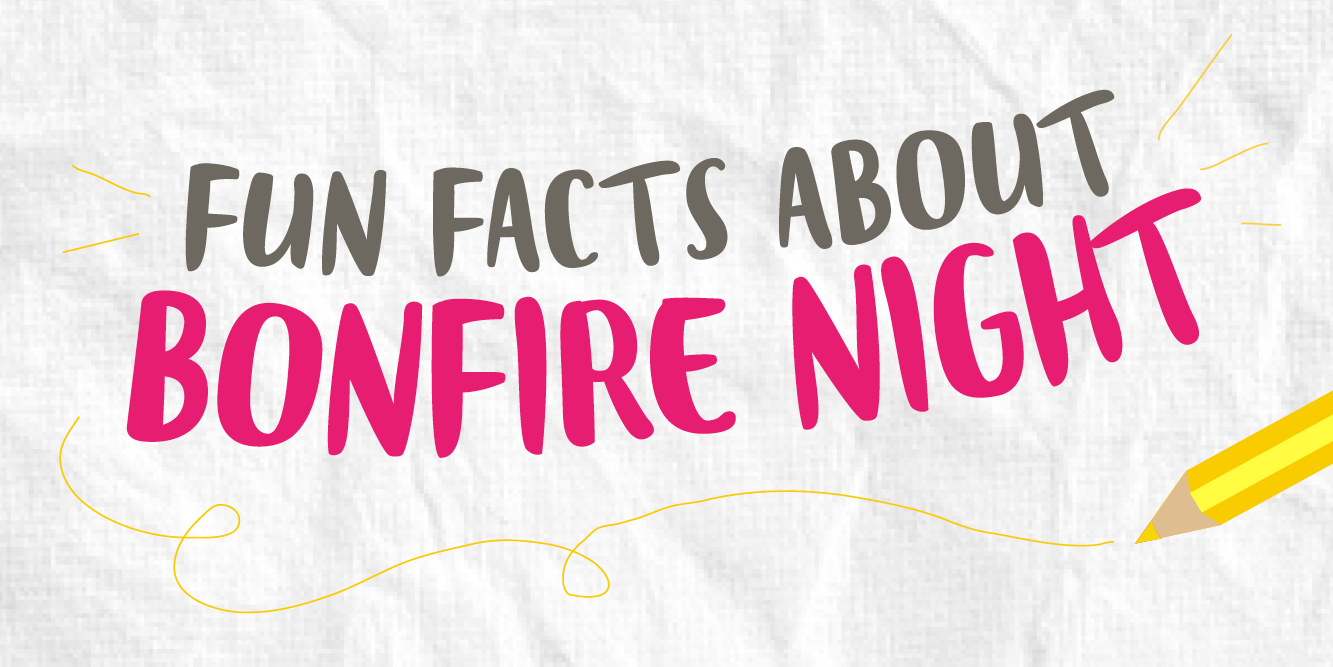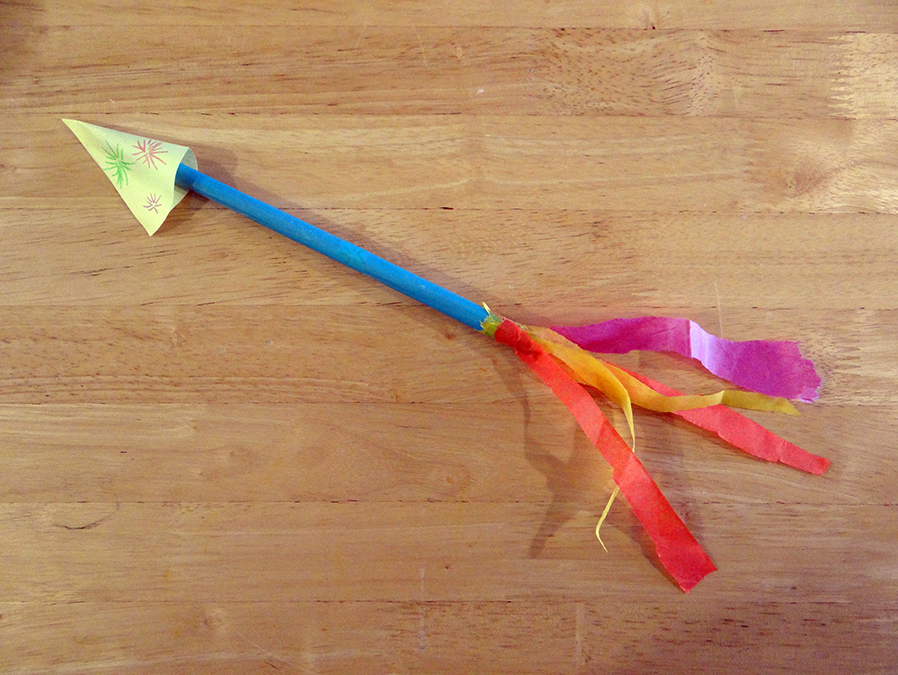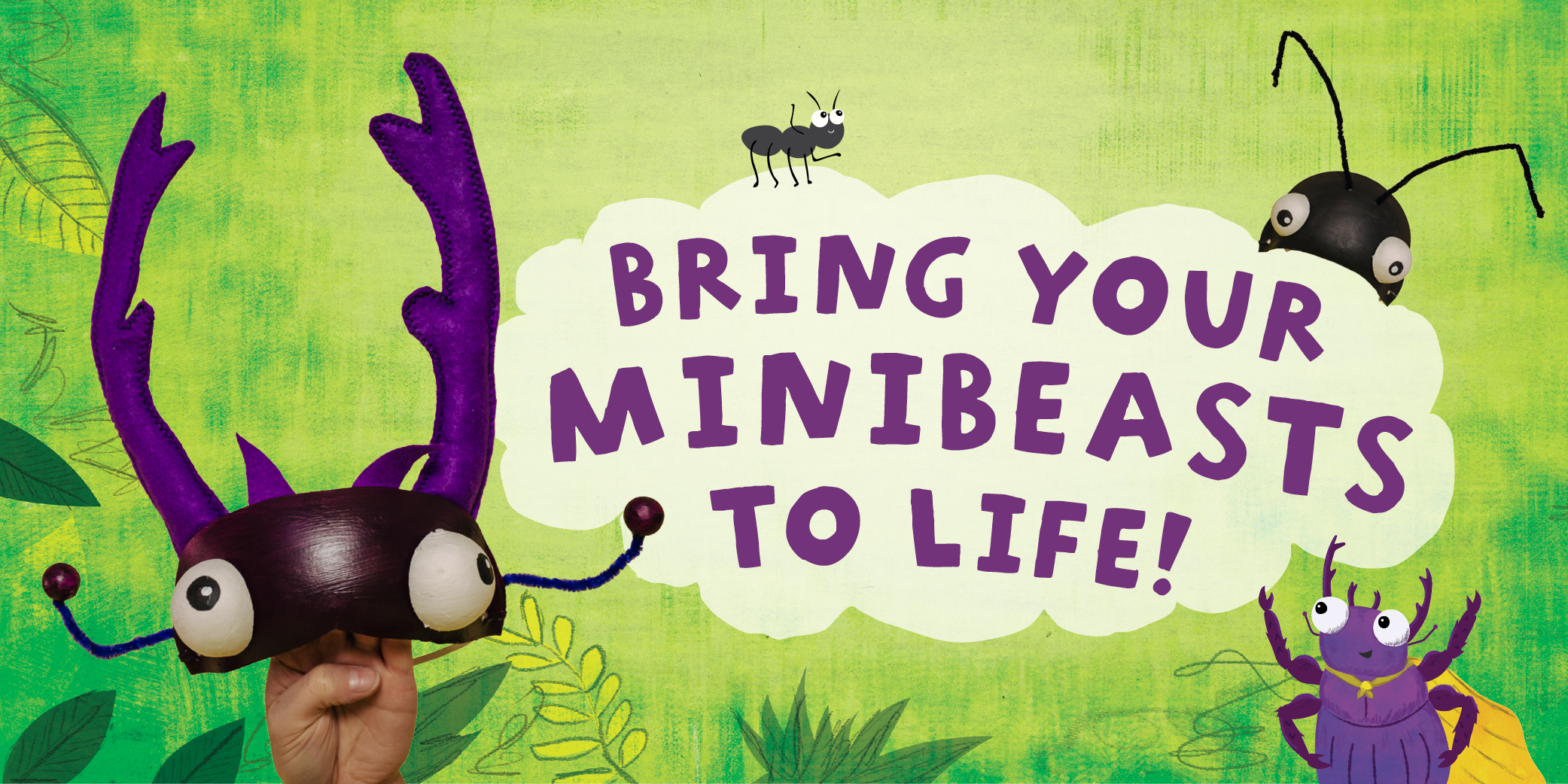
As Bonfire Night approaches, we thought you may like some fun facts about Guy Fawkes to
share amongst your students as a classroom activity. We all know Guy Fawkes as one of the conspirators in the
(failed!) attempt to blow up the Houses of Parliament on 5th November 1605, but did you know he
used a fake name when he was arrested?
Have students present the list of facts about Guy Fawkes in an exciting school assembly about Fireworks Night. Follow the presentation with a sing along to our explosive school assembly song Light Up The Sky from our new songbook Sing™ Celebration!
10 Fun Facts About Guy Fawkes
So, be sure to make the most of our classroom resources this Fireworks Night and don’t forget to get everyone warmed-up and ready for a performance bursting with energy using our vocal warm-up Fireworks from Sing™ Celebration!
New to Out of the Ark Music, Sing™ Celebration is packed full of great music for schools, fun assembly songs and brilliant songs for choirs – available with Words on Screen™.
Have students present the list of facts about Guy Fawkes in an exciting school assembly about Fireworks Night. Follow the presentation with a sing along to our explosive school assembly song Light Up The Sky from our new songbook Sing™ Celebration!
10 Fun Facts About Guy Fawkes
- Guy Fawkes actually preferred to be called Guido Fawkes.
- Guy Fawkes escaped the horrendous punishment pronounced upon him by jumping from the scaffold and breaking his neck. Ouch!
- Despite being pivotal to a plot designed to destroy the Houses of Parliament and potentially kill people, Guy Fawkes was named as the 30th greatest Briton in a BBC poll in 2002.
- The word ‘guy’ originally meant repulsive, ugly person in reverence to Guy Fawkes, but now is used as another term for man.
- The tradition of throwing a straw dummy - or a ‘Guy’ - on a bonfire on Bonfire Night comes from the 13th century act of throwing a dummy on a fire to drive away evil spirits. It was only after the Gunpowder Plot, in the 17th century, that the dummies came to represent Guy Fawkes and his treason.
- One place, according to Wikipedia, that does not take part in the tradition of burning a ‘Guy’ on Bonfire Night is St Peter’s School in York. Guy Fawkes was a pupil there.
- John Johnson is the name Guy Fawkes used during his involvement in the gunpowder plot and he gave this name upon his arrest.
- The Houses of Parliament are still searched before the state opening each November by the Yeomen of the Guard, to ensure that no latter-day Fawkes is hiding in the cellar.
- The plotters used 36 barrels of gunpowder, that’s about 1 tonne of explosives - enough to reduce the Houses of Parliament to rubble.
- A contemporary of Guy Fawkes – William Shakespeare – wrote Macbeth in the same year that Guy Fawkes was executed and is thought to have alluded to another conspirator, Henry Garnet, in the play. You can learn more about Shakespeare in our fabulous class assembly songbook, William Shakespeare.
Fireworks night would not be complete without a burst of colour so have a
go at some of these fun classroom craft ideas too!
 Paper
Rockets
Paper
Rockets
Letting off fireworks in the classroom would be enough to send the blood pressure of your average health and safety officer into the stratosphere, but you should be safe with these fun paper rockets!
Click here to download the instructions for How To Make Paper Rockets

Click here to download the instructions for How To Make An Explosive Display
 Paper
Rockets
Paper
Rockets Letting off fireworks in the classroom would be enough to send the blood pressure of your average health and safety officer into the stratosphere, but you should be safe with these fun paper rockets!
Click here to download the instructions for How To Make Paper Rockets

An Explosive Display
Make a wonderful classroom display to set things alight in celebration of Guy Fawkes
night by cutting out explosive shapes and hanging them around the classroom.Click here to download the instructions for How To Make An Explosive Display
So, be sure to make the most of our classroom resources this Fireworks Night and don’t forget to get everyone warmed-up and ready for a performance bursting with energy using our vocal warm-up Fireworks from Sing™ Celebration!
New to Out of the Ark Music, Sing™ Celebration is packed full of great music for schools, fun assembly songs and brilliant songs for choirs – available with Words on Screen™.
Click here to post a comment.




